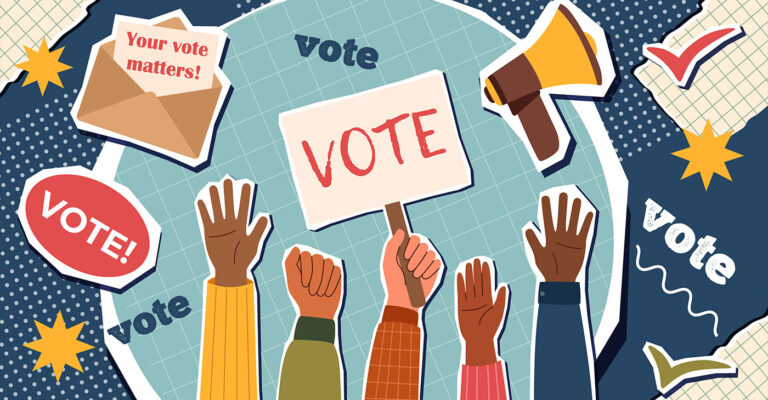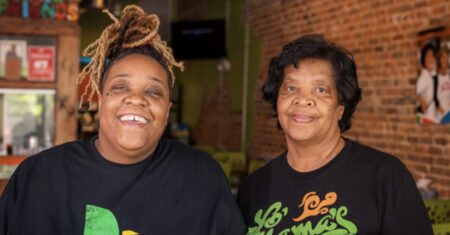By April Ryan
Janai Nelson, President of the NAACP Legal Defense Fund and Head of Counsel for the organization, argued before the U.S. Supreme Court on Wednesday for the civil rights stance of leaving Section 2 of the 1965 Voting Rights Act untouched. Spencer Overton, a professor at George Washington University, was in the High Court when the arguments took place over Louisiana v Callais. Overton proudly emphasized that “Jaina [Nelson] was basically like Bruce Lee taking on everybody.” Overton, an expert on redistricting, said, “Six of the nine justices were coming for Jaina.”She was taking on many arguments, “she’s got three different parties, the state of Louisiana (https://www.instagram.com/reel/DP1b5c7iDq_/?igsh=aTV1aWtrbnl5c2Mz), the Trump administration, and the so-called non-Black plaintiffs, the Callais plaintiffs.”
The core of the argument is that race is a factor in the second Black district in Louisiana out of its six districts. White residents have claimed it is unconstitutional and reverse racism to have that second district. Opponents of Voting Rights questioned whether creating the second Black Louisiana district violates the 14th or 15th Amendment. They also wondered whether the affirmative action ban justifies striking down Section 2 of the Voting Rights Act. “They’re all arguing against her [Janai Nelson], so she’s there, and you know she did a great job. I can’t see anyone doing a better job with what she had to work with,” added Overton. She argued that the nation should “stay with the current doctrine, which has been working for 40 years.” Former head of the U.S. Commission on Civil Rights, Mary Frances Berry, gave her analysis on the court session stating, “From the justices responses to the oral arguments, looks like Chief Justices Roberts will win his crusade to get rid of efforts to use the law to provide equal justice for Blacks- meaning the conservative majority gets rid of districts created by states to govern Black voters the right to vote for the candidates of their choice. “
Blunt in her assessment, Berry added, “It also means that Republicans can draw maps in such a way to create more congressional districts to stay in power for the foreseeable future.” The expectation is that the Supreme Court will decide on redistricting Louisiana in January or February to give states time to make changes before the 2026 elections. Civil Rights organizations believe that this type of decision could have a crippling effect on the 2026 midterm election process. If Republicans win, it will affect about 20 members of the Congressional Black Caucus and lawmakers representing Hispanic districts.
Eric Holder, the Obama administration’s Attorney General, issued a written statement on the severity of this attack on the right to vote: “In the midst of the greatest attack on the right to vote since Jim Crow, our nation’s highest tribunal and other courts must protect this most vital of rights. The Court must make it clear that violating the voting rights of American citizens will not be tolerated, and it must do so by permanently reinstating Louisiana’s Voting Rights Act-compliant map.”
In 2013, a Supreme Court case bearing Eric Holder’s name, Shelby V. Holder, was the first significant attack to begin gutting the landmark 1965 Voting Rights Act.







